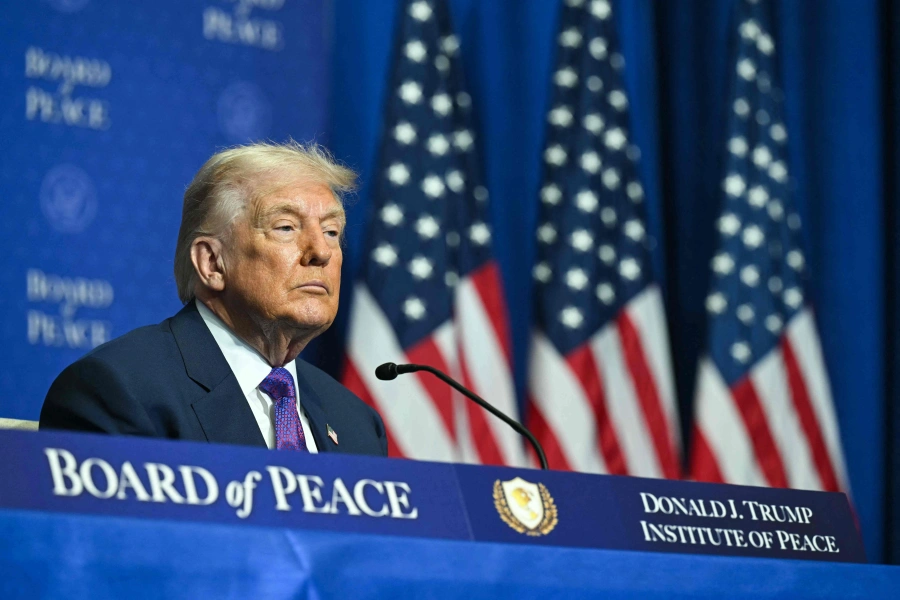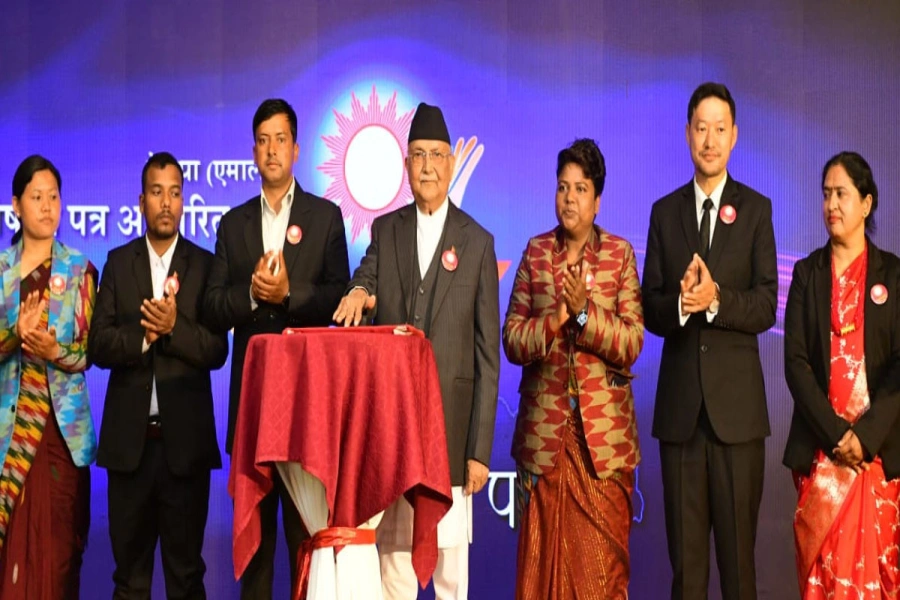CHITWAN, Aug 8: Nepal faces a shortage of workforce to provide eye care services.
One ophthalmologist is ideally suggested to see a population of 10,000, but this standard remains unmet in Nepal.
According to Nepal Ophthalmic Society Chair Prof Dr Minu Chaudhary, Nepal has a handful of ophthalmologists as they number just 482. As per the latest demographic survey in the country, their number should ideally exceed 3,000.
This is one case. On the other side, ophthalmologists in Nepal are urban-centered. The data shows that 60 percent of them are based in the federal capital, Kathmandu.
Among those eye specialists registered with the Society, 100 are not in regular duty while 20 percent are expected to be abroad.
It is urgent to increase the number of ophthalmologists to enhance citizens' access to eye care facilities.
Rapti Provincial Hospital struggling due to workforce crunch

The study of Ophthalmic Science began in Nepal in 1987. Chaudhary pressed the need to increase the quota for ophthalmology study in medical teaching hospitals to address this gap.
The existing number of eye specialists is too meager and this has mainly prevented people from rural and semi-rural areas from accessing services.
They have to rely on occasional eye camps in their locality for the eye care services, she added.
Chair of Nepal Netra Jyoti Sangh, Dr Chet Raj Panta, said it has been very difficult to find specialists for providing eye care services in the country. The Sangh has its network across the country.
It operates 28 eye hospitals and 160 eye treatment centers with the mobilization of around 100 ophthalmologists.
The Sangh, through its network, has provided eye treatment services to 43.62 million people, including Nepali citizens and citizens of other different countries so far since its establishment, he mentioned.
Similarly, 5.133 million people underwent eye surgeries. A total of 3.32 million people received eye check-up service while 267,135 people underwent eye surgery through the Sangh's network in the last fiscal year.
Sharing that the Sangh has been providing eye care services to rural areas as much as possible, Dr Panta explained that they have not been able to provide eye treatment services as expected due to the lack of budget, specialist doctors and health workers.
"We have been expanding our services, but there is a lack of skilled human resources. The hospitals used to send some of the doctors for further study in fellowship," he added.
The general public from outside the federal capital are not getting easy and smooth eye care services due to the lack of doctors. One can be saved from becoming blind through timely treatment of eye diseases.
Central Chairperson of Nepal Medical Association, Dr Anil Bikram Karki shared there is no adequate number of doctors in all areas. He asked the government to increase quotas for doctors, adding that the number of ophthalmologists is very few compared to the population.
He underlined that the government should pay attention to human resources production.
RSS







































